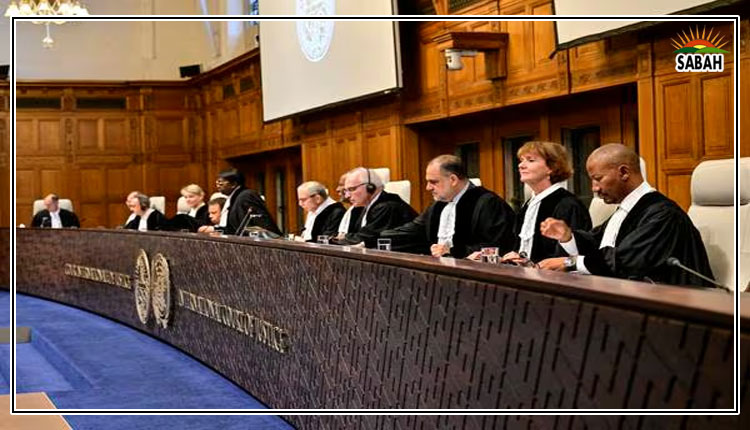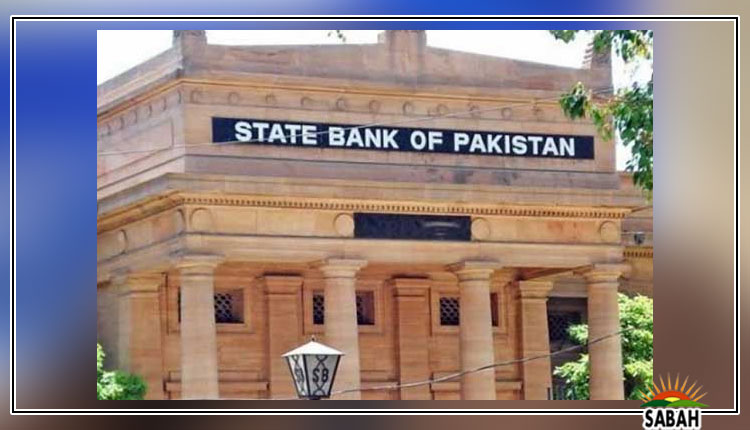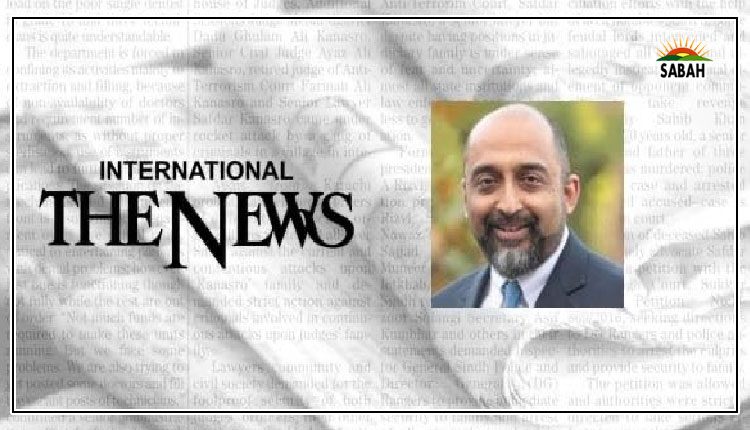Another February general election…Mosharraf Zaidi
Throughout my life, I have sought to avoid dignifying the indefensible. Attacks on the families of public figures are broadly in this domain though there can be legitimate exceptions.
Sometimes the choice of whether some issue or person is fair game or not is a difficult one. The marriage contract of a politician is not a difficult one at all it should never be in the public domain and should never have seen the light of day in any newspaper or television news ticker or newspaper column.
The most recent court judgement against former prime minister Imran Khan that involves the marriage contract between him and his wife is a deeply troubling development that requires serious reflection. I write a little about this case this week to highlight the most important implication of the case one that is largely amiss in the public discourse.
To be clear, there have been many disgusting and sickening aspects to the way the Pakistani elite have hounded their opponents and competitors over the years. Those that play this game when they are up, complain when they are down this cycle is not new, nor unique. The public discourse however is not an infinitely elastic entity. There are topics and issues that reflect societys fragility and tenderness. This is the kind of case that breaks society.
The nikkah is a solemn and serious contract between consenting adults and the Lord Almighty. Even if there are legal issues that merit consideration in a nikkah as there often are those issues deserve to be treated with the utmost regard for peoples privacy, the spirit and letter of Sharia, and perhaps most importantly, with consideration for how a case about the countrys most popular politician may affect society at large.
Securing a divorce is an uphill challenge for women in Pakistan even in the best of circumstances. Wealthy, educated and enlightened families often occupy the same social ecosystem as poor, uneducated and conservative ones. The stigma of securing a separation from a spouse is difficult even for men. It is nigh impossible for women.
The pursuit of a case that throws the timeline of a divorce into question is not, in and of itself, necessarily a problem. The pursuit of such a case where one party is the most popular figure in the country, and where the motivation for such a case is largely to enact political vengeance for disobedience is a huge problem.
It is a huge problem because the conduct of the case and its details in the public domain will energize and ignite the imaginations of thousands if not hundreds of thousands of divorced men who seek retribution against women who were once their spouse. This case will have profound implications for womens economic and social mobility including the freedom of women to choose to exit a marriage and pursue another thereafter.
As a Muslim, I am aware of Sharia-adjacent arguments around divorce being an unseemly and disliked social outcome. Legal and social systems should not, ideally, be constructed to encourage or promote divorce. It is legitimate to argue that frivolity in marriage is a dangerous and deeply problematic trend. As it is to argue that the easier it is to exit a marriage, the more likely it is that society will experience higher divorce rates.
The undermining of the building block of any society the family should be a consideration in how we think about divorce collectively. There are solid foundations to this line of thinking. As it happens, in South Asia, a combination of traditional Hindu culture and post-colonial Muslim conservativism has produced social systems in which divorce is not easy at all. It is especially difficult for women.
Given the social stigma and often the economic calamity that divorce comes with there is no reason to avoid a serious conversation about the intricate balance between not wanting to enable frivolous exits from marriage and not wanting to discourage legitimate seekers of divorce from escaping unhappy or abusive relationships.
The Imran Khan marriage case does not serve any such larger outcome. It only validates the pursuit of legal action against a woman who has sought to exit one marriage and enter another. The merits of the specific case against Mr Khan are irrelevant to the implications of this case for society.
Did the architects and engineers of the wider efforts to undo the damage done by adopting Imran Khan as the favoured political flavour of the decade consider how such cases will shape society in the weeks, months, years and decades to come? This is unlikely. This weeks general election should be about inflation, about economic growth, about human capital and skills and education, about the impact of AI on society, and about Kashmir and Pakistans place in the world.
It should be about how those Pakistanis below 23 years of age 63 million of whom are female will navigate a future in this country. Instead, it may be not much more than a referendum on the last two years of the states efforts to roll back what the state itself rolled out over a decade ago, in October 2011 at Minar-e-Pakistan, then again on August 14, 2014 at D-Chowk, and then again in July 2018.
A Pakistan run by boomers and stuck in negotiating who among the elite has been the most aggrieved is no way to live in the present or to prepare for the future.
As far as the past is concerned, this will be the third-ever general election held in the month of February. The first was on February 3, 1997. Those adorable Noonies who are embarrassed about their path to power for the first time can take solace in the fact that this election is in fact not the first ever in which the PML-N has enjoyed the support of the powers that be.
Indeed, it is not even the first general election in February in which this was the case. That singular honour belongs to the 1997 general election in which the PML-N doubled its seat count from the previous election. Shaheed Mohtarma Benazir Bhuttos PPP was reduced to a mere 18 seats in the National Assembly.
The second February general election was held on February 18, 2008. The PPP did much better that February, only weeks after the assassination of Benazir. Fresh from the momentum of the Charter of Democracy in 2006 and the joint struggle for the restoration of the judiciary from March 2007 (and until March 2009) the PPP and the PML-N combined forces to form the government.
They then worked together, even after the breakup of the grand coalition and helped deliver what, at the time, seemed like historic and epoch, altering legislation and policy including the re-federalisation of the country through the 18th Amendment and the award of a larger than ever share of the federal divisible pool to Balochistan, through the 7th NFC Award.
Will another February general election bring about another shotgun marriage between the PML-N and the establishment? Will it bring another glorious episode of the PPPs federalist, democratic and pluralistic politics? These two fantasies are the heart of the two-year-long project to disinfect Pakistani politics from the revulsion and anger that Imran Khan has tapped into.
Genies once out do not go back into the bottles they came from. The damage the Azadi dharna and Dawn Leaks did to the PML-N is permanent because these events altered the self-perception of the Sharifs. Former prime minister Nawaz Sharif will never be able to summon up the energy and vitality he had when he began his third term as PM in 2013. His political proteges are but a shadow of the strategist and statesman that he could have been.
The PPPs track record and character as a federal party and a political peacemaker is often attributed to former president Asif Ali Zardari but the entire edifice was constructed by Shaheed Mohtarma Benazir Bhutto. The PPP is now trying to place the burdens of two generations of Pakistani democrats on the shoulders of an urbane prince from rural Pakistan. However impressive Bilawal Bhutto Zardari is he bears too much in the name of the fathers of rural Sindhs medieval politics.
Regardless of the intractability of time and the pressures borne by the most widely admired party in the country, we must go out and vote on February 8. It is the third general election in Pakistans history to be conducted in February. Whoever wins, maybe, InshaAllah, Pakistan will be third time lucky.
Courtesy The News












